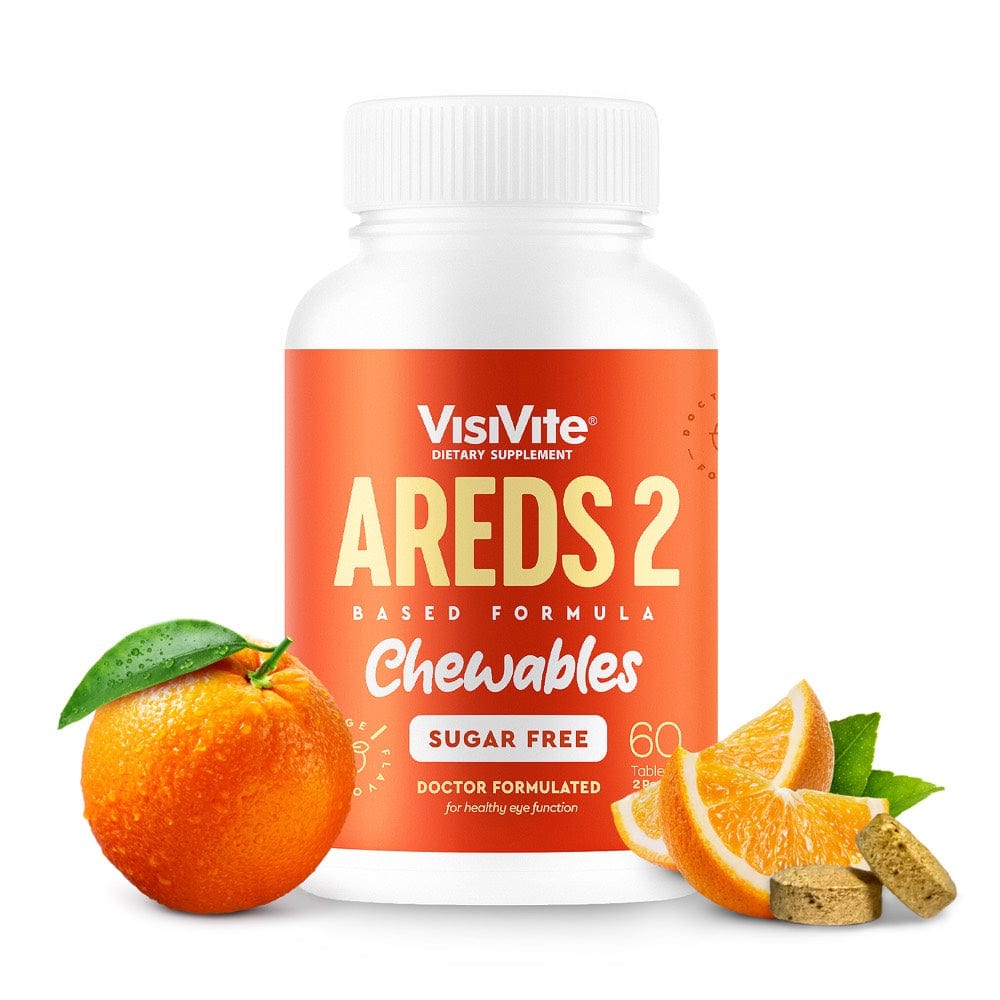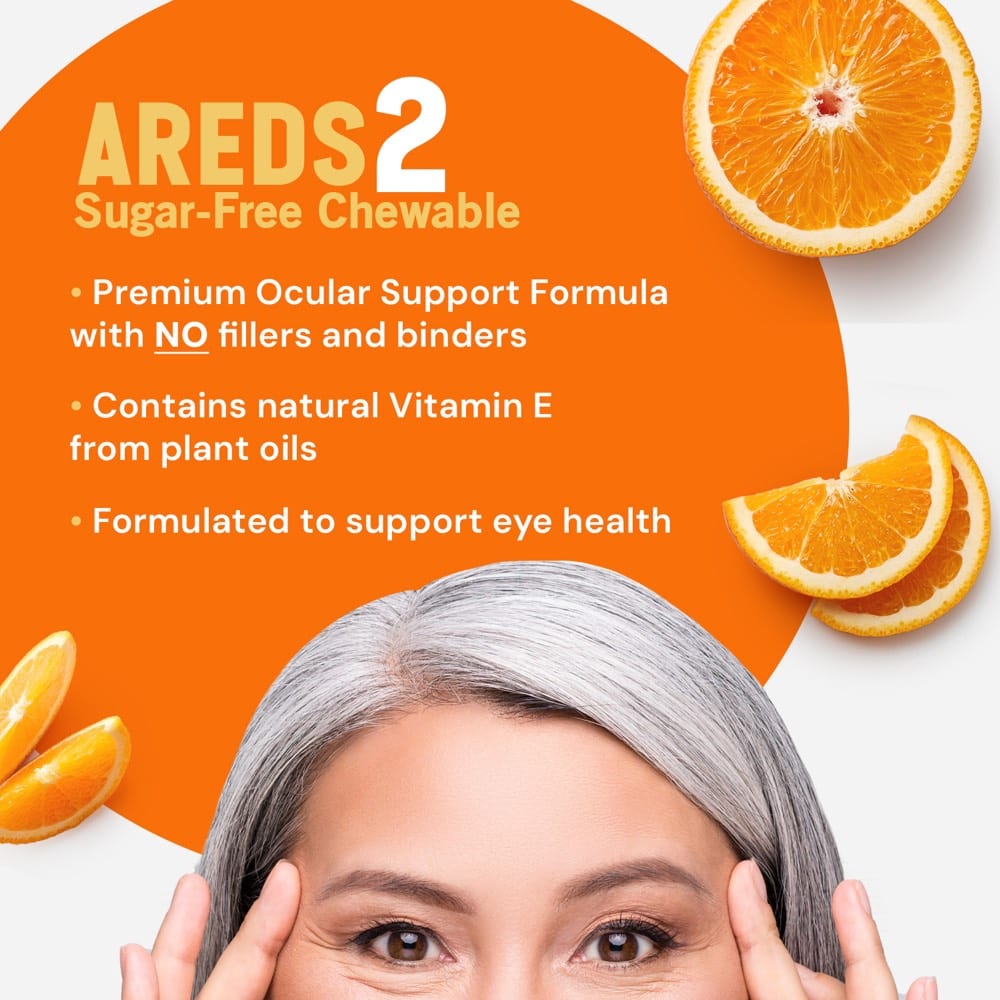When it comes to extreme heat, not all sunscreens are created equal.

Summer sun means protecting your skin with sunscreen and there are two major kinds of sunscreen available: chemical and mineral. The main difference between the two contenders is how they filter UV rays.
But when the thermometer reading is in triple digits along with higher humidity, the filtering ability of the sunscreen you choose is even more crucial.
Chemical sunscreens form a thin protective layer that absorbs UV rays and changes their structure, which changes the rays to heat before they penetrate the skin. Mineral sunscreens create a reflective barrier that reflects the UV light before it penetrates the skin.
The problem with chemical sunscreens in excessive heat is that they lose their filtering abilities. In addition, sunscreen containers are often sitting out in the heat and this can actually change the chemical sunscreen's physical characteristics, which results in lowered effectiveness so keeping chemical sunscreen in a cooler is important.
So be sunscreen aware when you are spending time outdoors in extreme temperatures. If you stick with chemical sunscreens, be sure to reapply frequently and store it in a cool enironment.














